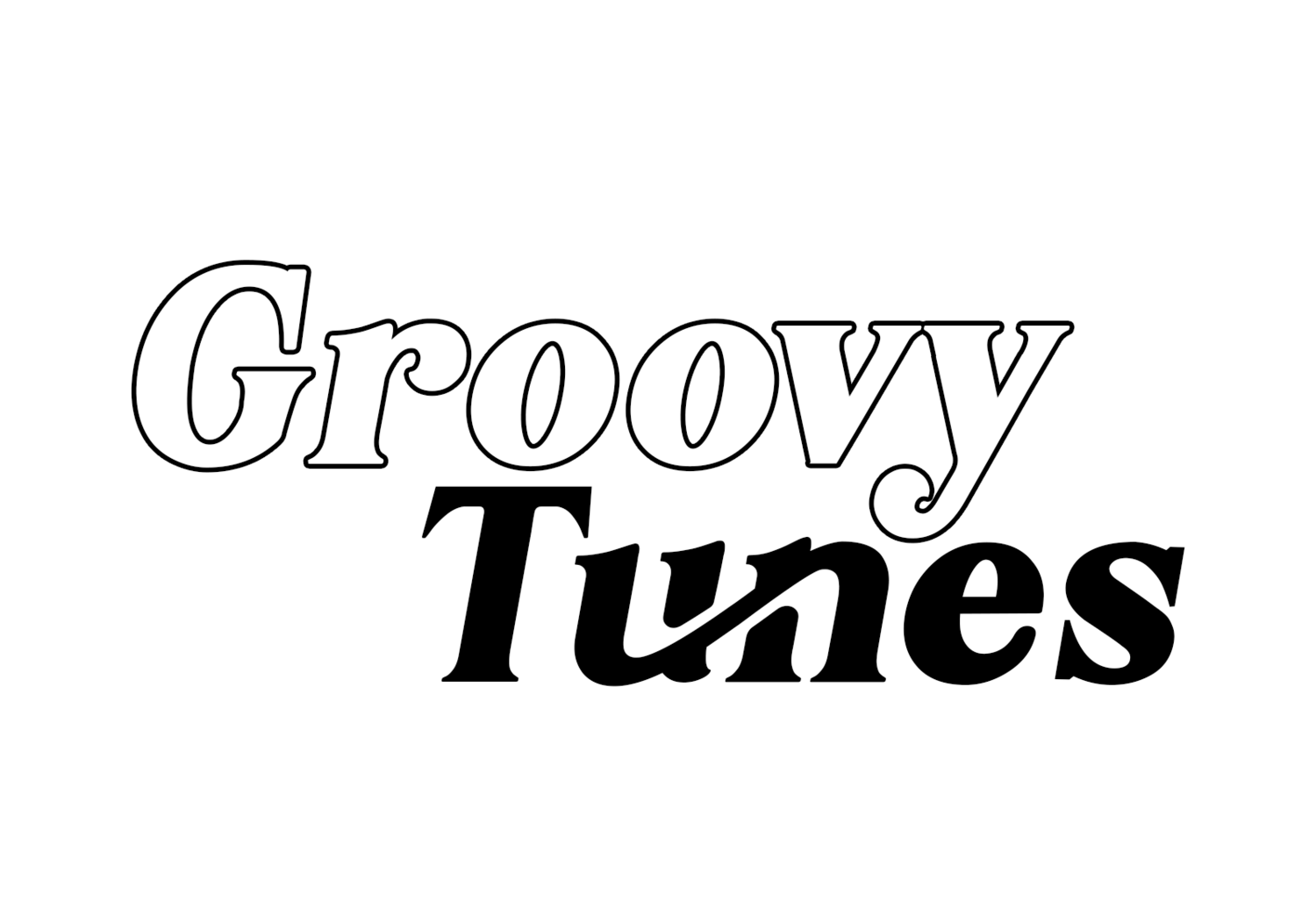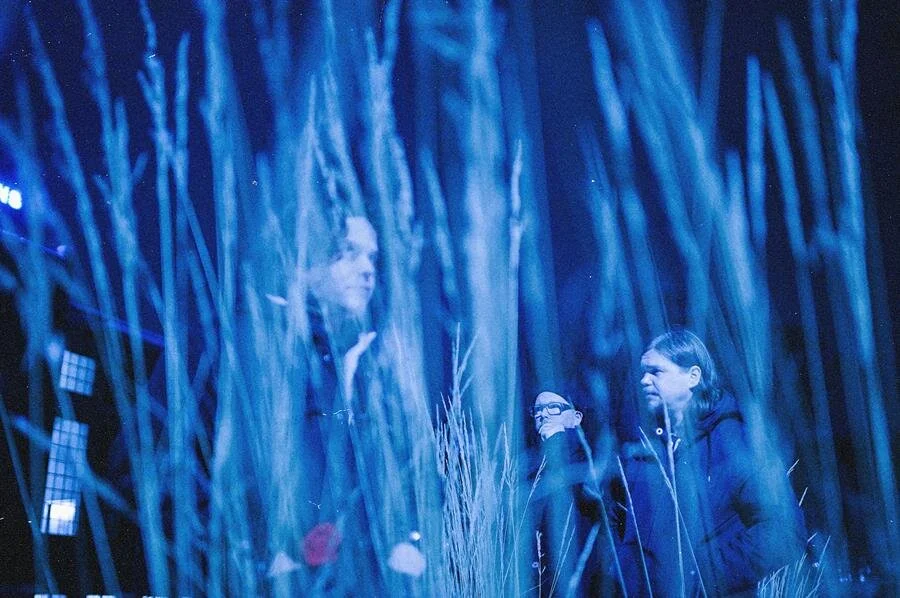An Interview with Spielbergs
Norway's rising punks Spielbergs released their second EP ‘Running All the Way Home’ in November of 2019; the follow-up to their critically acclaimed debut album ‘This is Not the End’. We caught up with Mads Baklien (guitarist / vocalist / synthesis) to chat all about what the journey to success has been like from start to present day.
What is your first music memory from your childhood?
It is probably my parents’ mixtapes that we were listening to in the car on our way to our grandparents or our cottage. There was all kinds of stuff on there that still gives me flashbacks whenever I hear one of the songs. John Lennon’s “Jealous Guy”, Bob Dylan’s “I’ll be your baby tonight” and “Romance in Durango”. Credence’s “Have you ever seen the rain”. A lot of Elvis and ABBA. Ray Charles, Eddie Cochran, Kris Kristofferson. Good Stuff.
I read you had a piano in your house growing up, were your parents musical and did impact your decision to start writing music?
Yes we had a piano that my big sister rehearsed on. My mom had a guitar, she sang to us a lot. Both my mom and dad are big music lovers, and they had a lot of LP’s they would play around the house. So yes, there were a lot of instruments to play on and I did from early on. It most definitely had an impact.
Do you still own any of your first set of musical instruments?
I do. I have never been able to sell off anything, really. So I still have my very first guitar. It’s a cheap Stratocaster knock-off that my parents bought for me in an electronics store in Sweden when I was nine years old. It says “ZZ Top” on the headstock. It came with a little amplifier as well. So I was instantly ready to rock.
I read you were in other bands prior, when did the group of you decide to get together to write music under Spielbergs?
Yes we have all played in several bands over the years. Spielbergs became a thing after a couple of years off of playing in bands. We were all thinking that it was time to grow up and have kids and get a decent job and all that, so we did. But then eventually we started missing playing so Christian and I started jamming and having beers on Fridays. We quickly realized that there was something to build upon there. And when Stian joined on bass a little later we just started pumping out songs.
Are there any major differences from the way you work if you compare both experiences; past bands to Spielbergs?
I think the main difference is that we are just trying to have fun making music together now. I can only speak for myself of course, but in earlier I was much more occupied with wanting to make it or being this or that. In Spielbergs it’s just about making the music we want to make and having a good time doing it.
Your big break came from meeting your PRs (Jay and James from Prescription PR). How did you all meet?
We played this showcase festival in Trondheim, it was one of our first shows, and Jay and James came to check us out. They had been dragged along to the show by the guy running the Oslo label Fysisk Format. After the gig, they came over and told us they really liked it and that they wanted us to stay in touch. And that was how that happened.
‘Distant Star’ your first EP was a combination of singles you had originally released through a Norweigan record label. Why re-release them in the EP format?
We did that as a way to introduce the band internationally. Jay and James said this was a good idea so we just did it. And It worked out quite well I think. It also bought us some time to finish the album properly.
“We Are All Going to Die” was the first song written and ended up on your debut album. Did it set a theme for the direction you wanted to move forward with?
No, not really. We kind of just make the songs we make. We didn’t want to limit ourselves by deciding that we should make a certain type of song. We still don’t honestly. But I do know that this song is a favourite for many people and it definitely sparked a lot of interest for our band. But the album as a whole is quite varied and “We Are All Going to Die” kind of sticks out by being the most aggressive song on there.
I read you have two ways of viewing songs; there’s the pop songs and the other songs. How do you define both?
I really don’t define it other than saying that we try to be aware of what a song needs. If it has a good melody and a good chorus maybe, why complicate things by making it more difficult or advanced than it needs to be, you know? But then again, other times we may want to explore and develop our ideas a little more, and in those cases, we end up with something else. We’re just trying to mix it up really.
When did you get involved with Tord Øverland Knudsen of The Wombats and Marius Drogsås Hagen from Team Me? What aspects did they bring to the creative process that would have been missed otherwise?
They are both good friends of our drummer Christian. He actually used to play the drums in Team Me. But they have this little studio in Oslo and they both were really supportive and enthusiastic about Spielbergs from the very beginning. They’re both extremely talented and bring a lot of ideas to the table whenever we work together. So I think you can say that the recordings we did with them at the very beginning of Spielbergs really helped build the identity of the band. Hell, Tord even came up with our band name!
The album was released through By The Time It Gets Dark, a label based out of the UK and is one created by your PR’s from Prescription PR. How did that idea all start?
We had made an agreement with Jay and James that they would take care of our PR, and they were looking around for suitable labels to release the album. I guess what happened was that nobody wanted to do that. J & J said that they had been playing with the idea of starting a label before but never had gotten around to it, and I guess it was the right time for them to go for it. It certainly was good news for us.
Your most recent release was an EP titled ‘Running All the Way Home.” Were the tracks featured on this one, choices leftover from when you wrote the album? Was it just a case of timing and not being able to finish/consider them or did you know those songs weren’t suited for the record?
It was a mix of both leftovers and new stuff. Some of the tracks that didn’t make the album didn’t feel right for different reasons. So we went into the studio to record some new tracks and also to make some adjustments to the older stuff. There’s always some songs that come out better than others from a recording process, I think. And time is of course always an issue when recording an album, but you also have to make decisions to cut out the stuff that doesn’t work that well. Kill your darlings.
Your most recent release was an EP titled ‘Running All the Way Home.” Were the tracks featured on this one, choices leftover from when you wrote the album? Was it just a case of timing and not being able to finish/consider them or did you know those songs weren’t suited for the record?
It was a mix of both leftovers and new stuff. Some of the tracks that didn’t make the album didn’t feel right for different reasons. So we went into the studio to record some new tracks and also to make some adjustments to the older stuff. There’s always some songs that come out better than others from a recording process, I think. And time is of course always an issue when recording an album, but you also have to make decisions to cut out the stuff that doesn’t work that well. Kill your darlings.
Could you tell us a little bit about how the Norweigan music scene works? What is considered popular? What pocket do you fit into and what other bands are involved? Is there a real scene of community or is there a divide?
I don’t really know how it works. I don’t think you can say that there is one unified scene, there are probably many. And I don’t know what’s more popular or if we are a part of any of them. Hehe. But there is A LOT of good bands over here and that has to be a good thing.
How do you find a balance between being a father and working on the band/touring?
I haven’t found a good balance. It’s hard because time is limited and there are a lot of things that have to be done all the time. Planning is important. But last year, thinking back, with the album coming out and all the touring, feels like a haze to me.
You actually bring a synth player with you when you tour and he was a member of the first label that signed you. What sort of layer does he add to a live performance that is maybe missed on the album?
It’s really the other way around. We brought him along and keep doing so, to try to reconstruct as best we can the details from the recordings. We even bring an extra guitarist with us these days. We are still a trio when making songs and recording, but we tend to record a lot of stuff once we’re in the studio, and that is impossible to recreate live with only three people on stage.
When it comes to writing your second record, what are some things you’d take into consideration that you’ve learned over the last year?
A lot of the songs are already written I think. I think we all are looking forward to a period of writing, playing and just being a band in a garage again. If we have learned anything I think it has to be to just appreciate that we’re back to the drawing board. That’s where I feel the most at home anyways.



